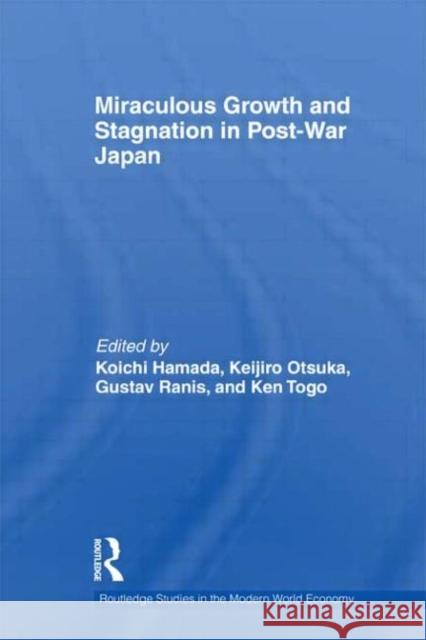Miraculous Growth and Stagnation in Post-War Japan » książka
topmenu
Miraculous Growth and Stagnation in Post-War Japan
ISBN-13: 9780415615181 / Angielski / Twarda / 2011 / 218 str.
Miraculous Growth and Stagnation in Post-War Japan
ISBN-13: 9780415615181 / Angielski / Twarda / 2011 / 218 str.
cena 773,33
(netto: 736,50 VAT: 5%)
Najniższa cena z 30 dni: 705,23
(netto: 736,50 VAT: 5%)
Najniższa cena z 30 dni: 705,23
Termin realizacji zamówienia:
ok. 30 dni roboczych.
ok. 30 dni roboczych.
Darmowa dostawa!











